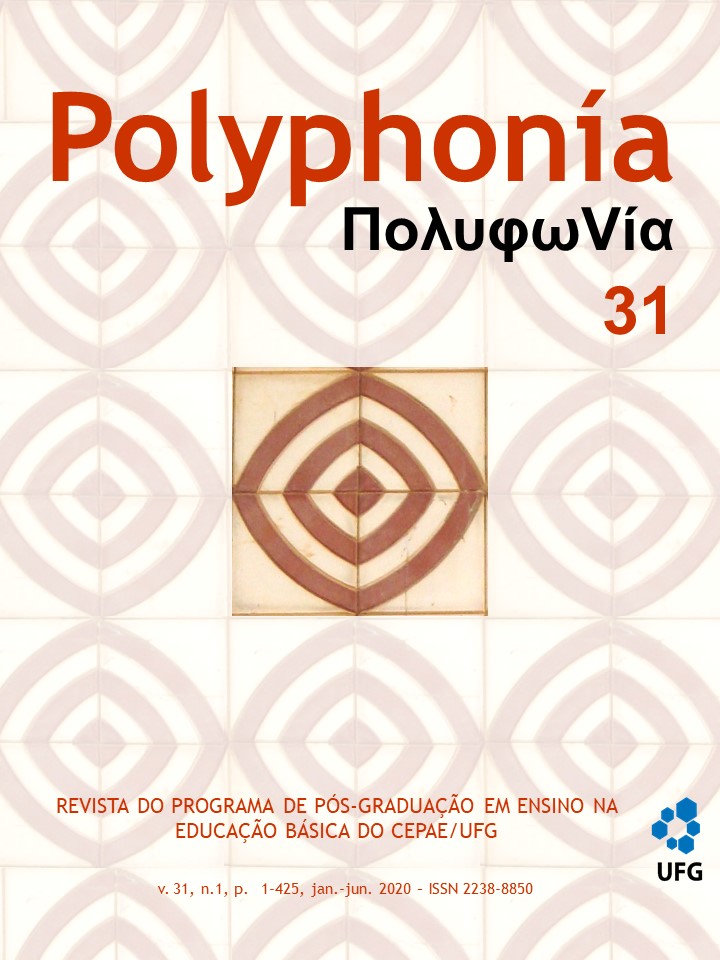La teoría fundamentada en busca de un modelo educativo Qulla-Aymara
DOI:
https://doi.org/10.5216/rp.v31i1.66961Abstract
The present study is based on the conception of the yati (knows) of the world qulla (aymara). The discovery of elements of a cognitive process typical of the Qulla (Aymaras) calls for the systematization of a new educational paradigm with its own philosophical bases, with an epistemology emerged from the thinking of the Qulla (Aymaras) from their Aymara language. The restructuring of an intra and intercultural intra-educational and inter-educational model of education is of vital importance in these moments of educational revolution in our Plurinational State of Bolivia. The YATI carries different meanings and signifiers in the learning process. Through the speech of the Aymara speakers from three regions (CariquimaChile, Tacna-Peru and Ingavi-Bolivia) a continuum of codes has been evidenced and the software networks of Atlas.ti have been able to systematize the codes, the parts of the YATI through semantic networks around the yati 'knows' what they are; amta-memory, amuyuthought, lup’i-reasoning and lura-do. The study has been able to approximate a logical sequence of synchronized events to access a cognitive process based on its significance in the Qulla-Aymara language and an attempt to provide guidelines for how the yati 'knows' process should be understood in the Andean world. from the Aymara region, as a proposed method of the Aymara PÄ Learning Process.Downloads
Download data is not yet available.
Downloads
Published
2020-12-08
How to Cite
CUTIPA GÓMEZ, Nelson. La teoría fundamentada en busca de un modelo educativo Qulla-Aymara. Revista Polyphonía, Goiânia, v. 31, n. 1, p. 264–285, 2020. DOI: 10.5216/rp.v31i1.66961. Disponível em: https://revistas.ufg.br/sv/article/view/66961. Acesso em: 3 mar. 2026.
Issue
Section
Dossiê Escola, Complexidade e Justiça Social
License
Política de direitos autorais (acesso livre). Autores que publicam nesta revista concordam com os seguintes termos: Autores mantém os direitos autorais e concedem à Revista Polyphonía o direito de primeira publicação, com o trabalho simultaneamente licenciado sob a Creative Commons Attribution License que permitindo o compartilhamento do trabalho com reconhecimento da autoria do trabalho e publicação inicial nesta revista.
Autores têm autorização para assumir contratos adicionais separadamente, para distribuição não-exclusiva da versão do trabalho publicada nesta revista (ex.: publicar em repositório institucional ou como capítulo de livro), com reconhecimento de autoria e publicação inicial nesta revista.
Autores têm permissão e são estimulados a publicar e distribuir seu trabalho online (ex.: em repositórios institucionais ou na sua página pessoal) a qualquer ponto antes ou durante o processo editorial, já que isso pode gerar alterações produtivas, bem como aumentar o impacto e a citação do trabalho publicado (Veja O Efeito do Acesso Livre).


